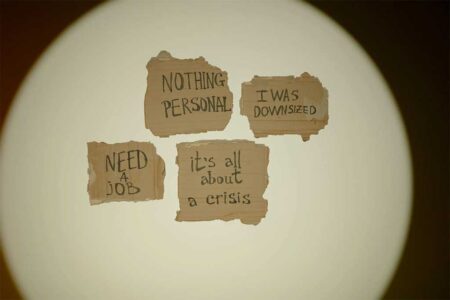If you’re looking to make a career change, you want to make sure that you’re changing into something that you have a real passion for, and perhaps a real future in. For some people, the idea of working in healthcare, of genuinely helping people, can be very attractive indeed. But it’s also a highly demanding industry, so it is important to think about whether it’s really right for you.

Be Ready for Education
There are very, very few positions in the medical or adjacent industries that require no form of formal education. You might not have to go to medical school to become a nurse, but you do still have to invest time and energy into training and earning your certification. The education required to work as any kind of doctor is going to require several years of your life, so you have to be ready to be able to invest the time, and energy towards your studies, or you might find it difficult to stick it out all the way to the end.
Don’t be Squeamish
Although there certainty are positions within the medical industry that don’t require you to have to deal with much in terms of bodily fluids and the anatomical realities of humans, such as working in a chemist’s office or in a medical lab, it’s still a good idea to ensure that you have the resilience and strength of stomach to be able to handle the truths of the medical industry. It comes with a real potential for harm, and you are going to be playing a role in helping people with injuries and illnesses, so it’s not a place for those who are uncomfortable with such topics.
Embrace Continuous Learning
Healthcare is an evolving field, constantly influenced by new research, technologies, and methods of patient care. Being successful in this industry requires a lifelong commitment to learning and adapting to changes. From engaging in advanced training sessions and attending medical conferences to hands-on experiences in cadaver labs that offer invaluable practical insights, embracing continuous learning is key. If you genuinely enjoy expanding your knowledge and staying ahead of medical advancements, healthcare could provide a deeply satisfying and ever-engaging career path.
Accept the High-Stakes
The medical industry is one for serious professionals. High standards at work are vital, as the stakes for any mistakes can be very high, including charges of negligence, malpractice, and more. As such, you have to be ready to mitigate those risks, not only by ensuring that you work to the very best standards possible but with provisions such as clinical indemnity insurance. Even if you work to avoid any kind of mistakes that can haunt you in the future, there are false accusations and other factors that can complicate things and you have to be able to handle serious professional scrutiny.
Ensure Excellent Interpersonal Skills
There are some in the medical industry who are, undoubtedly, a lot better with the technical side and the expertise required to provide good medical outcomes than they are when it comes to interpersonal connections. However, for the most part, nurses, doctors, and medical professionals of all kinds need to be able to help keep their patients at ease, to earn their confidence and trust when treating them, and to know how to handle delivering both good and bad news.
Not everyone is meant to work in healthcare. If you can’t handle the demands put on you as mentioned above, then you might want to look at a different avenue or be very particular in the kind of role you aim for.








